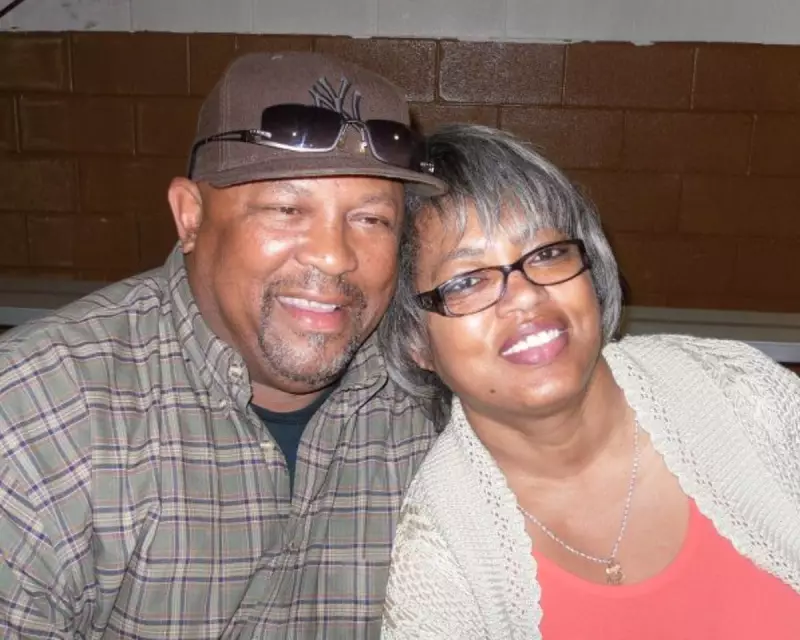
A federal judge has delivered a scathing condemnation of Louisiana's correctional system, ruling that jail officials displayed "deliberate indifference" to a dying man's medical needs in a case that exposes alarming failures in prisoner welfare.
The ruling concerns the tragic death of Erie Moore Sr., who perished in the Caddo Correctional Center while custody staff ignored his deteriorating condition for hours. Surveillance footage presented in court revealed the 53-year-old collapsing multiple times while officers failed to provide adequate medical attention.
A Pattern of Neglect
US District Judge Elizabeth Foote's decision highlighted what she described as a clear violation of Moore's constitutional rights. "The evidence demonstrates that jail staff witnessed Moore's obvious distress and did nothing meaningful to help him," the judge stated in her ruling.
Moore had been arrested on misdemeanour charges when he began experiencing severe medical distress. Court documents detail how he collapsed in his cell and later in a shower area, with officers allegedly dismissing his condition as behavioural rather than medical.
Systemic Failures Exposed
The case has raised serious questions about training and protocols within Louisiana's correctional facilities. Key failures identified include:
- Inadequate medical assessment of detainees
- Poor emergency response procedures
- Lack of proper staff training
- Failure to recognise medical emergencies
Moore's family attorney described the ruling as "a crucial step toward accountability" in a system where similar deaths have occurred with troubling frequency.
Broader Implications for Prison Reform
This landmark decision comes amid growing scrutiny of jail deaths across the United States. Legal experts suggest it could set an important precedent for how courts handle cases of medical neglect in correctional settings.
The ruling emphasises that constitutional protections against cruel and unusual punishment extend to adequate medical care for all detainees, regardless of the severity of their charges.
As reform advocates welcome the judgment, attention now turns to whether it will prompt meaningful changes in how Louisiana—and potentially other states—address prisoner welfare and medical emergency response protocols.





